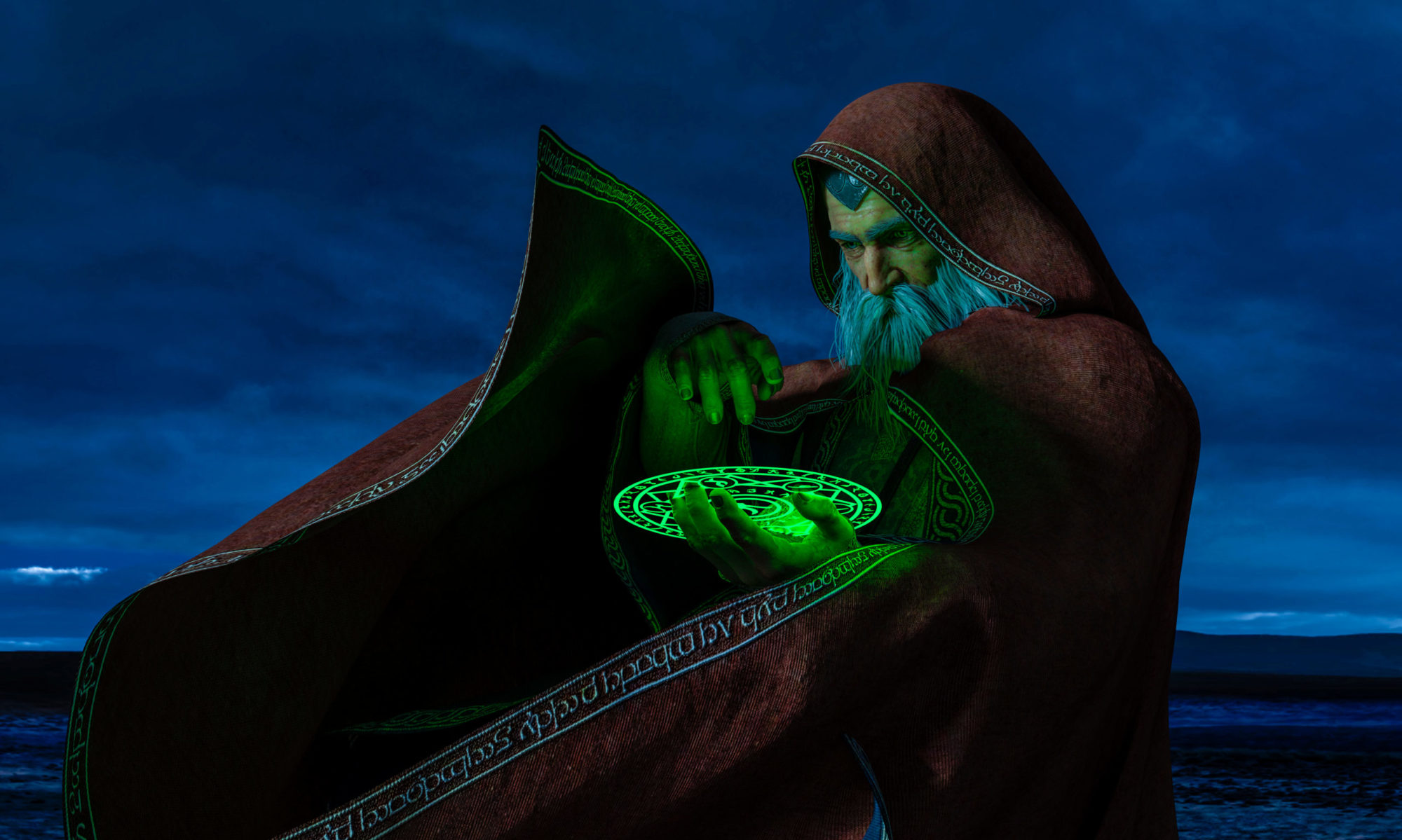Any serious reader of fantasy fiction has, at some point, come across those who call into question our sweet, beautiful little hobby. “Why is your head in the clouds?” is often the opening volley, followed by “There’s enough problems in the real world to worry about!” or “How do stories of elves and vampires and wizards help you in any way?”
Usually, our response will be no more than an eyeroll, or a shrug, or some other gesture that shows our utter annoyance at having been ripped out of the worlds of Tolkien, or Rice, or Rowling even for the briefest of moments. We’re not just reading those books. We’re in them. If it’s a good writer we are conversing with, we feel every scratch, every blast of cold or hot, every moment of tension as a potential killer stalks our protagonist. We seemingly leave behind the “real world” and enter these new and exciting realms in search of adventure.
It may seem that way to others who don’t understand what is going on. But the truth is fantasy fiction is more closely related to reality than most people realize. The stories contained within the pages of fantasy novels are a kind of mythology, and mythology itself is rooted in the real-life experiences of us all. When Harry Potter struggles to become a wizard, he is facing the challenges that all adolescents come against, that of acceptance and coming into one’s own. Just because he happens to utilize flying broomsticks and face off against dragons doesn’t mean he isn’t dealing with relatable real-world problems. In Star Wars (which, by the way, I vehemently categorize as fantasy before I call it Sci-Fi), the problems that saga tackles, issues of oppression, greed, abuse of power, and redemption, are all in the daily newspaper.
When we read these fantastic stories, if we read them in a certain light, we are learning lessons about how to go about our daily lives. The Dragons we slay may be our inner doubts. The magical worlds we may encounter could our own natural surroundings when seen through a different lens. And the victories we celebrate may be the small, yet tremendously important moments we spend in the comfort of our family and friends.
So, let’s cut our friends who have their heads buried in the latest Brandon Sanderson novel some slack. They may be being far more practical than we know.
